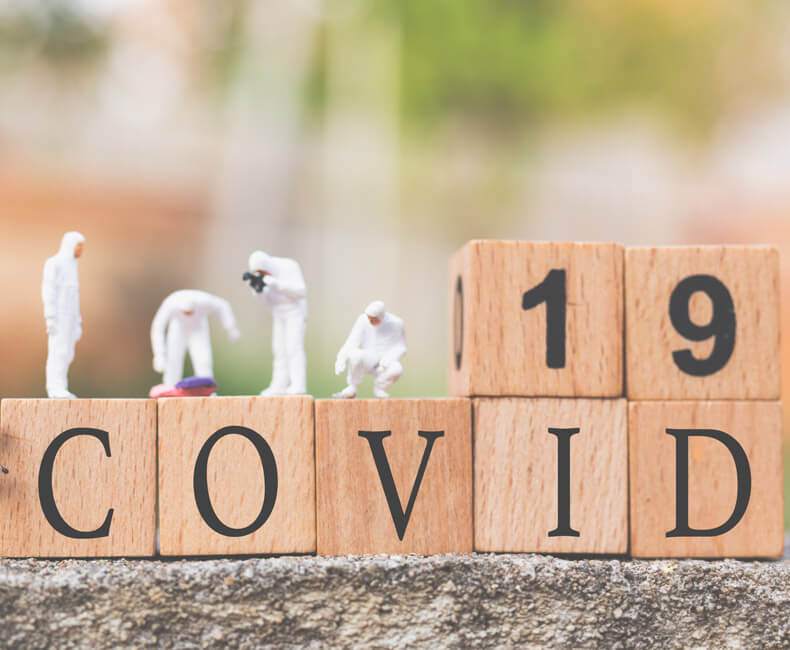
Introduction:
In a world where high-speed internet and unlimited data plans are taken for granted, most of us never think about how much data we actually consume. But what if you had to live with a strict data budget? I decided to find out by limiting myself to just 50 MB of data for an entire day. The result? A challenging yet eye-opening experience that forced me to rethink how I use the web.
Setting the Rules:
For this experiment, I set a hard limit of 50 MB of data usage. That meant I had to be extremely careful with my browsing, avoid high-data activities like streaming, and find alternatives to the typical online tasks I perform throughout the day. Social media scrolling, high-resolution images, and autoplay videos were my worst enemies. Could I still be productive and stay connected? I was about to find out.



Morning: Basic Web Surfing
Starting the day, I used my data very conservatively. I checked emails with images turned off and accessed websites in “lite” mode wherever possible. Tools like Google’s Data Saver were a lifesaver, reducing unnecessary data consumption. Still, every webpage loaded with images or scripts quickly ate into my budget, making me rethink even simple tasks like checking the news or looking up information.
By lunchtime, I had already consumed about 20 MB of my budget just by visiting basic sites and using email. This forced me to prioritize: only essential browsing from here on out!
Afternoon: Work and Communication
The biggest challenge came in the afternoon, where I typically spend most of my time working online. Video calls were out of the question, so I had to rely on text-based messaging platforms for communication. Google Docs, which I rely on for work, also consumed more data than I expected, pushing me to switch to offline mode.
Social media was another hurdle. Platforms like Facebook and Instagram are extremely data-heavy with all their videos and images. Instead of scrolling endlessly, I had to limit myself to quick text-based interactions. I used Twitter’s Lite version and even accessed social media through web browsers instead of apps, which helped reduce data usage significantly.
Evening: Entertainment Dilemma
As the day wound down, I still had a small chunk of my 50 MB left—enough to browse the web, but definitely not enough to stream video or music. Instead of watching Netflix or YouTube, I resorted to good old-fashioned reading. Kindle downloads were small, and I could easily load text-based articles without consuming too much data.
Interestingly, I found myself more engaged in reading and less distracted without the constant barrage of autoplay videos, ads, and social media notifications.
Lessons Learned:
By the end of the day, I had used 47 MB of my 50 MB limit. Here’s what I learned:
Conclusion:
Living on a 50 MB data budget is tough, but not impossible. It forces you to think carefully about your online activity, prioritize essential tasks, and avoid data-heavy content. While most of us won’t have to deal with such strict limits in everyday life, this experiment was a great reminder to be mindful of data usage—especially in a world where many still rely on limited or costly internet access. Could you do it?